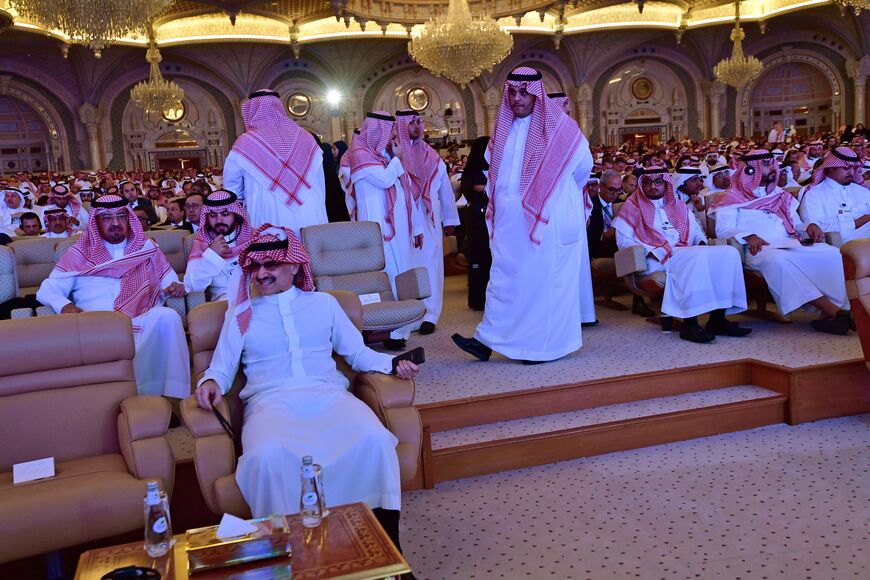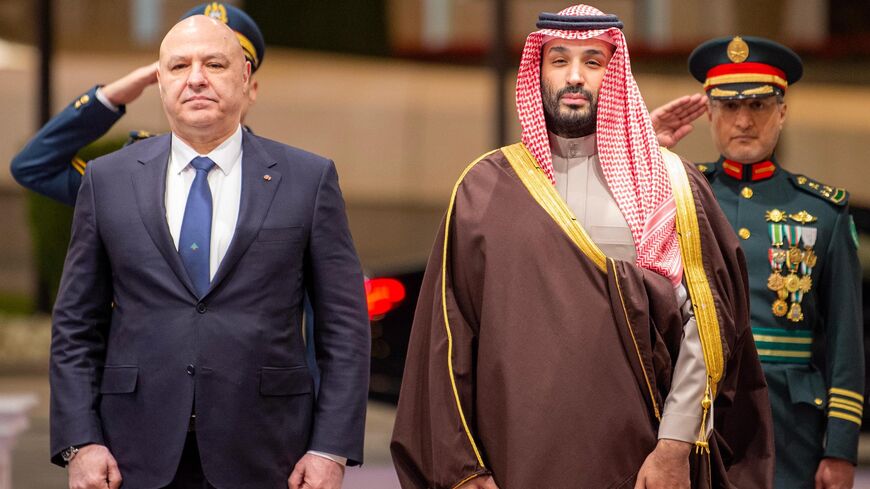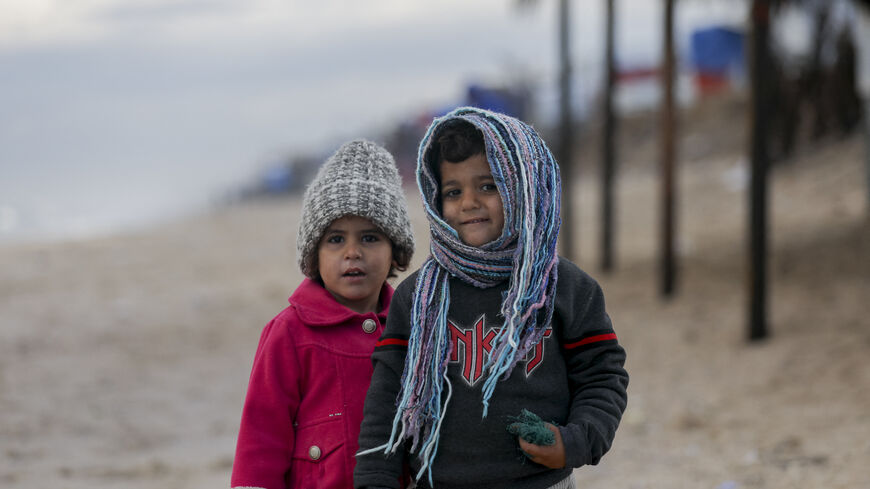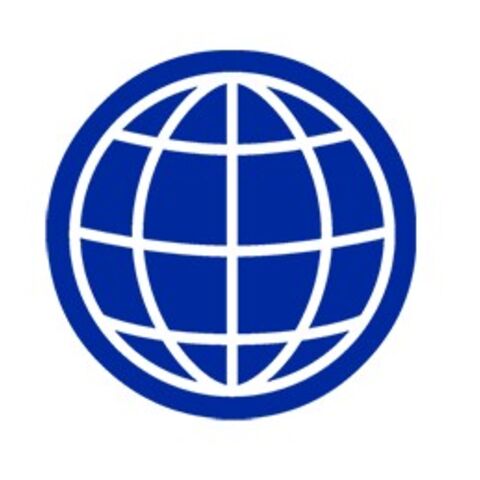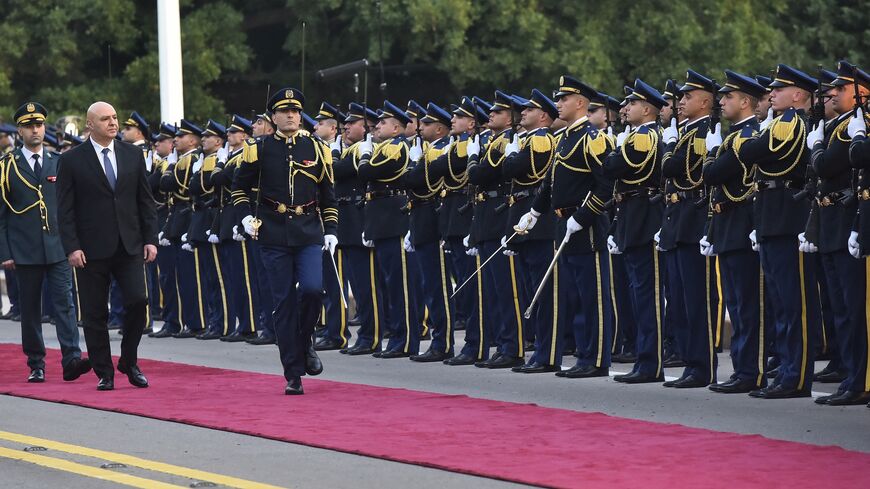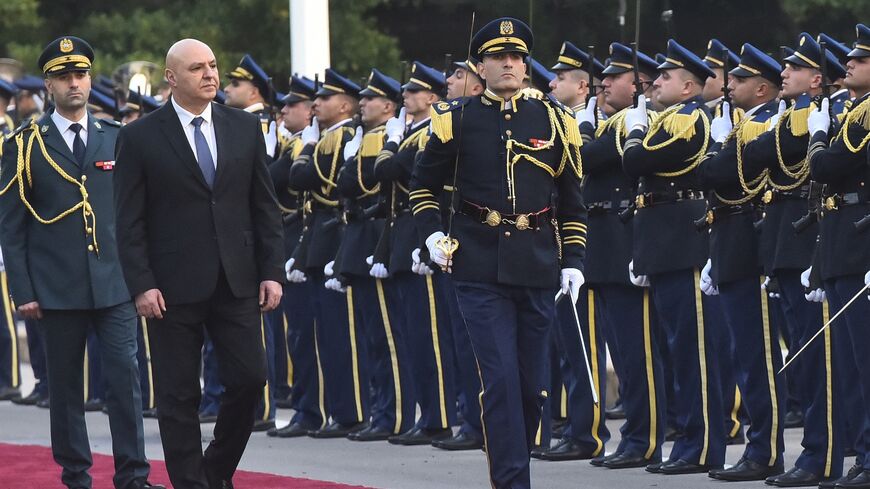Al-Waleed bin Talal announces Four Seasons to reopen in Beirut, Lebanon
The planned reopening of the hotel, which was damaged in the 2020 port explosion, follows Saudi-backed Gen. Joseph Aoun's becoming president of Lebanon.

The Four Seasons Hotel in Beirut will be reconstructed and reopen early next year, Saudi Prince Al-Waleed bin Talal announced on Tuesday, linking the plan to the “new era” in Lebanon after the election of Gen. Joseph Aoun as president.
Prince Al-Waleed said in a statement that the hotel “will be entirely reconstructed and refurbished,” after which it will reopen to the public in the first quarter of 2026. The hotel will receive a “new look” during the renovation, he said.
The prince said the news comes “on the occasion of a new era in Lebanon, and under the leadership of His Excellency President Joseph Aoun.”
صاحب السمو الملكي الأمير @Alwaleed_Talal: اعادة بناء وتأهيل فندق فور سيزونز في بيروت، ليتم افتتاحه في بداية عام ٢٠٢٦
— شركة المملكة القابضة (@Kingdom_KHC) January 14, 2025
His Royal Highness Prince @Alwaleed_Talal: The reconstructed Four Seasons Hotel in Beirut will be reopened at the beginning of 2026 pic.twitter.com/ZBA6fa6RUN
Aoun, the leader of the Lebanese armed forces, was elected president last week, ending a more than two-year gap in the presidency. On Monday, veteran diplomat and judge Nawaf Salam was nominated as a prime minister.
The Four Seasons Hotel is located in downtown Beirut, close to the beach front. It was heavily damaged during the 2020 Beirut port explosion and has been closed since. The hotel was built by the Kingdom Holding Company. Prince Al-Waleed serves as chairman of the company and is the majority stakeholder.
Why it matters: The renovation could mark the start of increased Saudi investment in Lebanon following Aoun’s election. The kingdom backed the general’s candidacy and sent its envoy, Prince Yazid bin Farhan, to Beirut ahead of the parliamentary vote. Parliament member Najat Aoun Saliba told the local news outlet LBCI last week that Saudi Arabia is “ready to help Lebanon economically” but insists on weapons being turned over “to the state” — a reference to the political and military organization Hezbollah.
The kingdom has long expressed concerns about the influence of Iran-backed group.
Saudi Arabia has previously shunned Lebanon economically over disagreements about Hezbollah's influence and role in the Yemen war. In 2021, Saudi Arabia banned Lebanese imports and recalled its ambassador from Beirut after a minister criticized the Saudi-led intervention in Yemen.
Saudi Arabia returned its ambassador in 2022. Lebanon exported just $368,000 to Saudi Arabia that year, compared with $287 million in Saudi exports to Lebanon, the largest of which was refined petroleum, according to the Observatory of Economic Complexity.
Know more: The Saudi tycoon has extensive ties to Lebanon. His mother, Mona Al Solh, hailed from Lebanon, and his maternal grandfather, Riad Al Solh, served as the first Prime Minister of the country.
A subsidiary of the Kingdom Holding Company is a minority owner of the Lebanese news outlet Ad-Diyar, according to the EU-based Media Ownership Monitor.



